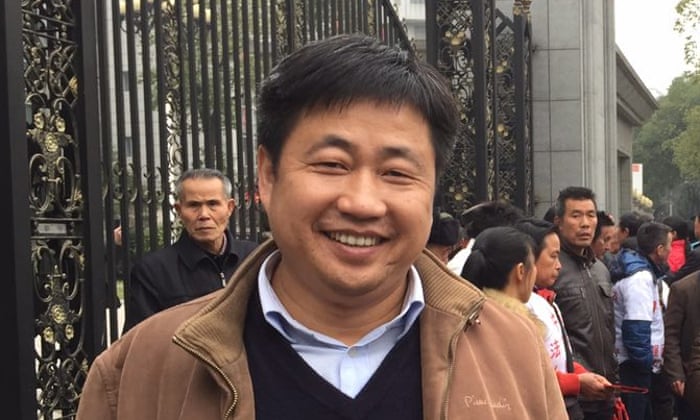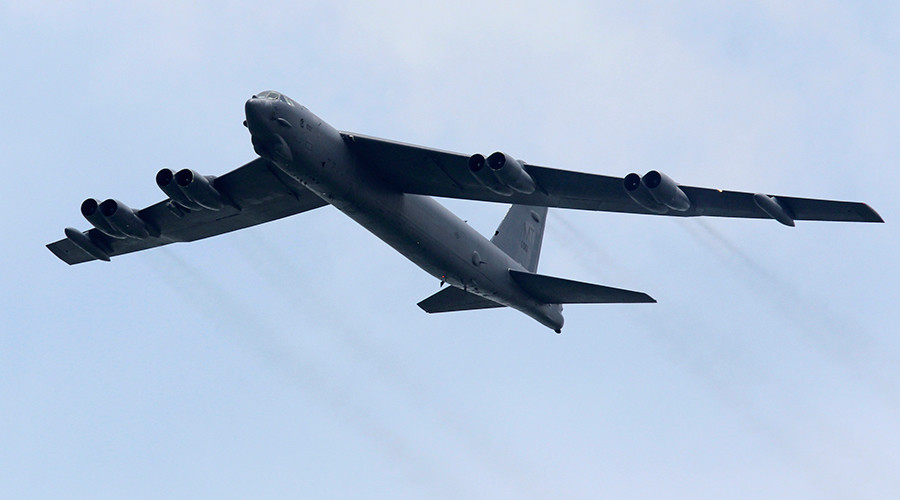By Benjamin Haas in Hong Kong

Lawyer Xie Yang who has been detained by Chinese authorities as part of a crack down on human rights.
China must investigate a harrowing account of torture by a detained lawyer and release several political prisoners, the European Union has demanded in a rare statement amid a deteriorating human rights situation under Xi Jinping.
Detained rights lawyer Xie Yang detailed his treatment in detention last week, where he was beaten, forced into stress positions, denied medical care and deprived food, drink and sleep by police.
China must investigate a harrowing account of torture by a detained lawyer and release several political prisoners, the European Union has demanded in a rare statement amid a deteriorating human rights situation under Xi Jinping.
Detained rights lawyer Xie Yang detailed his treatment in detention last week, where he was beaten, forced into stress positions, denied medical care and deprived food, drink and sleep by police.
Interrogators threatened him repeatedly, allegedly saying: “We’ll torture you to death just like an ant”.
Separate reports have said two other civil rights attorneys, Li Heping and Wang Quanzhang, have also been tortured while in custody.
“If verified, this mistreatment would amount to torture,” the European Union’s foreign affairs spokesperson said in a statement.
Separate reports have said two other civil rights attorneys, Li Heping and Wang Quanzhang, have also been tortured while in custody.
“If verified, this mistreatment would amount to torture,” the European Union’s foreign affairs spokesperson said in a statement.
“All necessary measures to ensure the safety and wellbeing of these individuals need to be taken.”
“If the accounts of mistreatment or torture are confirmed, this should result in the punishment of the responsible persons,” the statement added, citing China’s own laws that prohibit torture.
All three were detained in July 2015, part of an unprecedented nation-wide crackdown on human rights lawyers, legal assistants and activists.
“If the accounts of mistreatment or torture are confirmed, this should result in the punishment of the responsible persons,” the statement added, citing China’s own laws that prohibit torture.
All three were detained in July 2015, part of an unprecedented nation-wide crackdown on human rights lawyers, legal assistants and activists.
Nearly 250 people were targeted during the campaign, with some still held by police without trial over 18 months later.
“We reiterate our call for the release of the lawyers and human rights defenders who remain in detention, including Jiang Tianyong,” the EU statement said, referring to another lawyer who disappeared into police detention in November.
The EU applauded the release of two other rights defenders, Xie Yanyi and Li Chunfu, but for relatives there is little cause for celebration.
Li, who’s brother is Li Heping, was granted bail earlier this month and returned home.
“We reiterate our call for the release of the lawyers and human rights defenders who remain in detention, including Jiang Tianyong,” the EU statement said, referring to another lawyer who disappeared into police detention in November.
The EU applauded the release of two other rights defenders, Xie Yanyi and Li Chunfu, but for relatives there is little cause for celebration.
Li, who’s brother is Li Heping, was granted bail earlier this month and returned home.
But relatives claim nearly 17 months of severe abuse have transformed the 44-year-old lawyer into a shadow of his former self.
“His mind is shattered,” his wife, Bi Liping, was quoted as saying in one online account of the lawyer’s ordeal.
“His mind is shattered,” his wife, Bi Liping, was quoted as saying in one online account of the lawyer’s ordeal.
A local hospital offered a preliminary diagnosis of schizophrenia.
The EU statement comes just days after a group of leading lawyers and judges writing in The Guardian expressed “grave concern” over the detention of legal professionals.
“In order to vindicate its claim to be a responsible stakeholder in the international community and to be a respected global superpower, it is imperative that China honour its international commitments to international conventions and human rights,” the letter said.
The EU statement comes just days after a group of leading lawyers and judges writing in The Guardian expressed “grave concern” over the detention of legal professionals.
“In order to vindicate its claim to be a responsible stakeholder in the international community and to be a respected global superpower, it is imperative that China honour its international commitments to international conventions and human rights,” the letter said.

